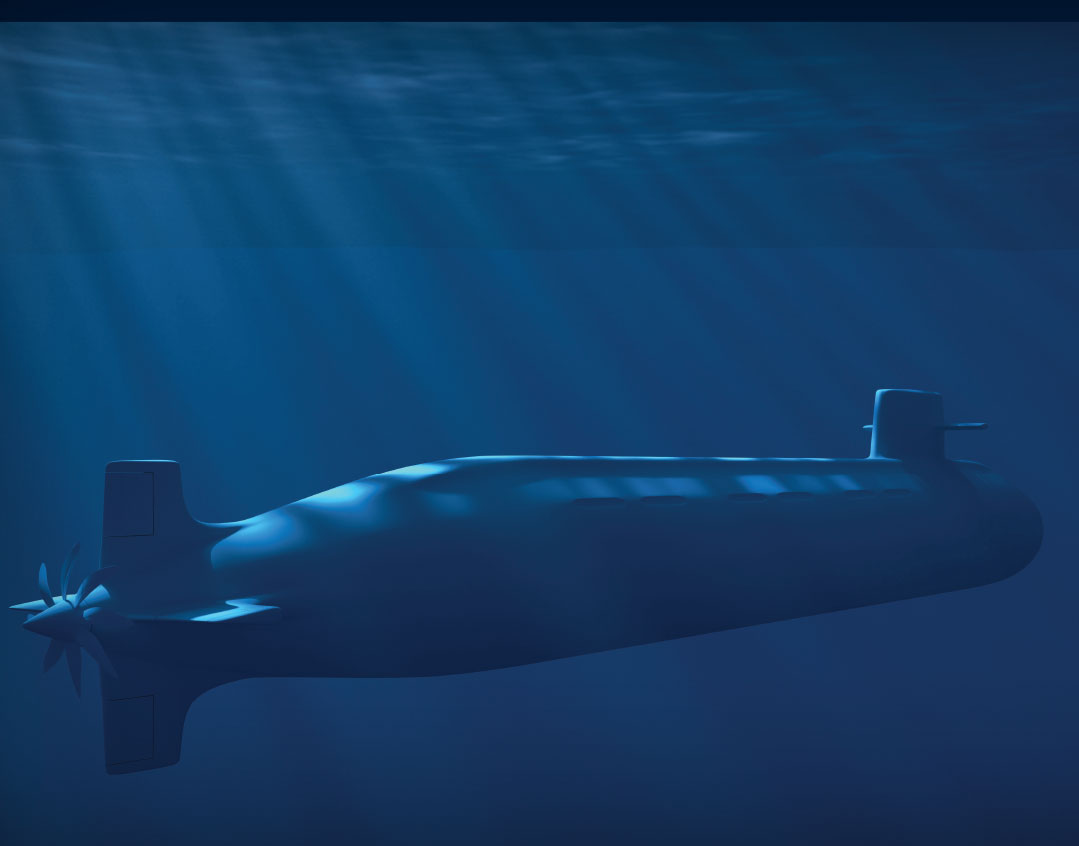The Disappearing Dakar


The Dakar Submarine
It was a cold, snowy winter’s day when Israel’s newly acquired submarine, the Dakar, cast off under the command of Major Yaakov Raanan and a crew of 69. The Dakar carried no weapons, but was fully stocked with food and supplies. Dakar also had a brand-new, super-sophisticated radar detection system developed by the Israeli Navy that had not yet been tested. On board was the engineer who had developed the new technology.
Dakar’s Last Journey
Six days later, on the morning of January 15th, Dakar entered the port of Gibraltar. At midnight the same day, Dakar left Gibraltar. It was the last time that the submarine and her crew were seen.
The commander had been ordered to sail across the Mediterranean submerged. According to Navy protocol, the Dakar was supposed to contact the Navy control center once every 24 hours and to send a systems check every six hours. Dakar was traveling through the water swiftly and the crew made good time — so good that they were 24 hours ahead of schedule. The skipper asked for permission to dock in Haifa earlier than planned, but the Navy refused, and so the Dakar was left with 24 hours to kill.
The last report received from the Dakar giving its location was on January 24 at 6:10 a.m. — at that time, the sub was about 30 miles south-east of the island of Crete. Three more systems checks were received. The final check received from the submarine was just after midnight on January 25. The next check never came. The Navy Control Center thought Dakar was having communication problems, so they sent out radio messages to the sub. They called her all day long using her international call sign. But there were no more signals from Dakar.
Searching In Vain
At first, the Navy picked up messages they thought were from the Dakar. But soon they realized their mistake and began a search for the missing sub. Both Israeli ships and aircraft were sent out on the search. They were not alone: British, American, Greek, Turkish, and even Lebanese ships joined the search.
Two days later, there was a ray of hope. The naval center in Cyprus picked up an SOS call possibly coming from the Dakar. The code continued for over an hour, but still no sign of the Dakar. (It was later discovered that the message wasn’t from the Dakar but from an unknown source, possibly sent to try to ruin the search).
After four days, the British announced that the crew of the Dakar couldn’t possibly have survived so long and called off their ships. The other countries followed suit, and by February 1, Israeli search and rescue crews were the only ones still searching. But by February 4, ten days after the disappearance of the Dakar, the Israeli team finally gave up and called off the search.
(Excerpted from Mishpacha Jr., Issue 758)
Oops! We could not locate your form.
